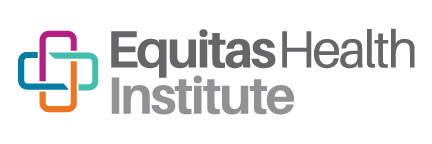The Unique Problems for LGBTQ+ Folks in Rural Areas
Approximately 15 million people in the US are LGBTQ+, and despite persistent stereotypes to the contrary, a significant chunk of this population lives in rural areas. About one out of every five LGBTQ+ folks in the US lives in sparsely populated areas outside of major cities, and these 3 million people face additional challenges on top of the ones faced my sexual and minorities everywhere. Despite this, there is an expectation that rural LGBTQ+ folks should move (or want to move) to more “friendly” urban areas. Rural LGBTQ+ folks shouldn’t be expected to move to more “friendly” urban areas to find inclusive and affirming health care. In fact, research shows that not only do LGBTQ+ people live in rural America, but many of them want to (and enjoy) living in there. Researchers find that for many LGBTQ+ people in rural areas, living in a rural area may be just as important to who they are as being LGBTQ+. What are some of the unique challenges this population faces?
- Increased visibility: If an LGBTQ+ person in a rural community is open about their identity in even one part of their life, such as work, it is likely that many community members, including outside of work, will know they are LGBTQ+.
- Ripple effects: Rural life and communities are deeply interconnected. For example, if a person is excluded from their faith community for being gay, they may have a difficult time at work or finding a job, because their church members may also be their coworkers or potential employers.
- Fewer alternatives in the face of discrimination: The general shortage of health care options hits marginalized rural populations particularly hard. If they are refused care or mistreated, there may be no other local options.
- Less support: The greater social and geographic isolation of rural areas means there are fewer support structures available to LGBTQ+ people in rural areas. When LGBTQ+ people in rural areas face discrimination, or even simply are struggling with acceptance or coming out, there are fewer places to turn for social support, legal support, or even just basic information.
It’s because of these challenges that the Equitas Health Institute is presenting “Creating Welcoming & Inclusive Environments for LGBTQ Patients” – a live FREE 1-hour webinar that will teach participants how to create more welcoming and inclusive experiences for LGBTQ+ patients. This introductory training will provide you with the knowledge, skills and behaviors needed to better serve this community. This training is co-sponsored by the Office of Diversity, Equity, and Inclusion (ODEI) at Kenyon College. For more information about the ODEI, contact them at odei@kenyon.edu.
Please register at:
https://register.gotowebinar.com/rt/6010855654803815951
Link to webinar will be provided after completing registration.
